Multiple regional governments are pushing ahead with plans to develop the commercial space industry, a key field in international technology competition and a hot topic at China's key economic meeting held at the end of last year.
Coordinated efforts by regional governments, guided by the blueprint provided by the central government, as well as the participation of the private sector, will propel China's commercial space industry onto a fast-growth track, experts said.
Yizhuang, located in the Daxing district of Beijing, has announced plans to create a "rocket street" and revealed 18 supporting measures at an industrial meeting on Saturday as part of China's efforts to speed up the development of the commercial space industry.
The rocket street will feature an innovative research and development center, a high-end intelligent manufacturing center, and a science and technology interactive exhibition hall to attract high-quality projects from the entire commercial space industry chain, fostering a collaborative environment for innovation.
By 2028, Yizhuang aims to attract more than 100 high-tech enterprises, 50 specialized enterprises, five unicorn companies and five listed companies. Ultimately, Yizhuang aims to become a commercial space innovation cluster with "thousands of enterprises, thousands of satellites in orbit and hundreds of billions of yuan of revenue."
A Beijing reusable rocket technology innovation center was unveiled in Yizhuang at the meeting. Continued efforts will be made to comprehensively promote the listing of aerospace companies, according to the meeting.
In the commercial space industry, Yizhuang has attracted more than 50 aerospace companies including 70 percent of China's private rocket assembly and manufacturing companies.
In the past year, China has further underscored the importance of commercial space development. Commercial space was listed as a strategic emerging industry during China's central economic work conference in December.
Regional governments including Beijing and Shanghai have issued detailed timetables to develop the industry.
With Yizhuang as an important base, by 2028 Beijing aims to be the first city in China to achieve reusable rocket launch, recovery and re-launch capabilities, provide low-cost and highly reliable satellite and rocket launches, and operate satellite constellations on a large scale.
By 2025, Shanghai will have the capability to mass-produce 50 commercial rockets and 600 commercial satellites per year, enabling the digital transformation of the economy, daily life and governance through the application of space information technology, according to a three-year action plan released last October.
The start of 2024 has seen China's commercial space launches gain pace. The Jielong-3, developed by China Rocket Co, delivered nine satellites into orbit on Saturday. On the same day, Chinese automaker Geely launched 11 satellites to boost its capacity to provide more accurate navigation.
Commercial space development holds significant strategic importance and economic value for China. It not only drives economic growth but also serves as a focal point of technological competition between China and the US, Wang Peng, an associate researcher at the Beijing Academy of Social Sciences, told the Global Times on Sunday.
It will drive technological advances and industrial upgrades in areas like new materials, new energy and intelligent manufacturing, injecting new momentum into China's economic development, Wang said.
Private firms and regional governments are playing an important role in commercial space, Huang Zhicheng, a Chinese expert in aerospace science and technology, told the Global Times on Sunday.
"The combination of the central government, local governments and private investment has resulted in relatively successful cooperation," Huang said.
The official start of China's commercial space industry came in 2015, when private investment was encouraged in the construction and development of national civilian space infrastructure.
In 2023, Chinese private-sector rockets made 13 launches, accounting for about 20 percent of China's total launch missions, the 21st Century Business Herald reported.
Last year saw a new record of 67 orbital launches by China, ranking second globally after the US, which made 116 launch attempts, including just under 100 by Elon Musk's SpaceX, Reuters reported.
Despite starting relatively late compared with the US, the situation is highly favorable for China. While China may not have a unicorn company like Elon Musk's SpaceX, it benefits from a large number of enterprises and proactive local governments with clear development plans, which could be an advantage compared with the US, Huang said.
According to Taibo Intelligence Unit, China's commercial space sector will be in a golden era of development from 2023 to 2028 with an estimated market scale of 2.8 trillion yuan ($393.11 billion) in 2025.








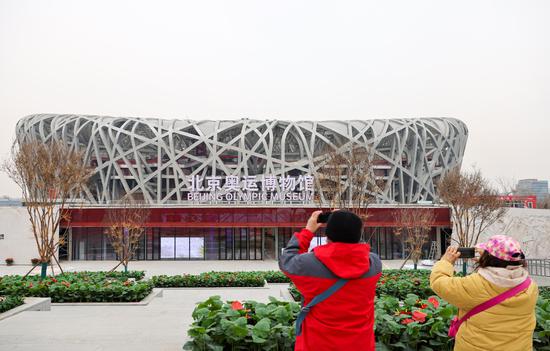


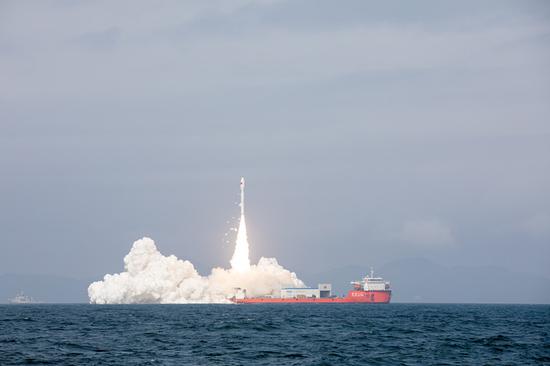




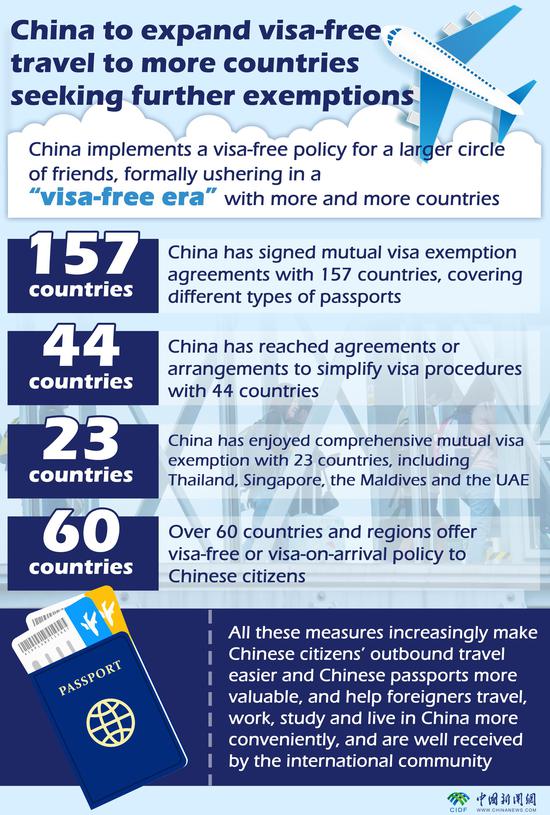

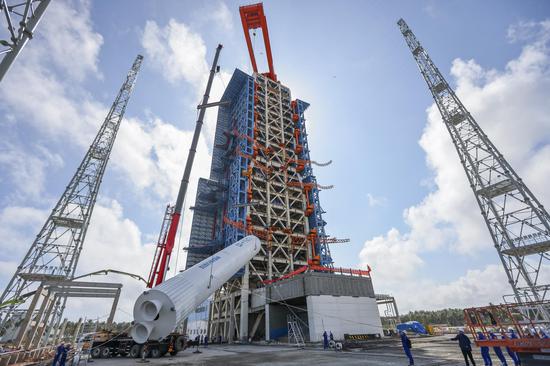




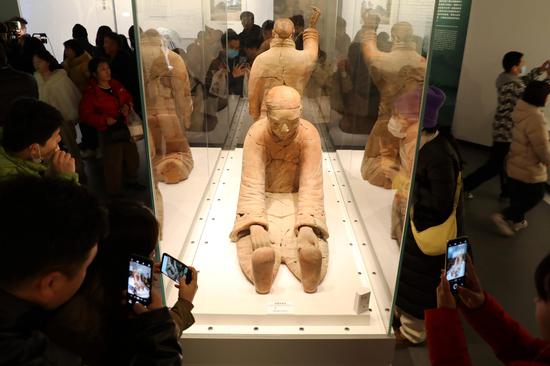






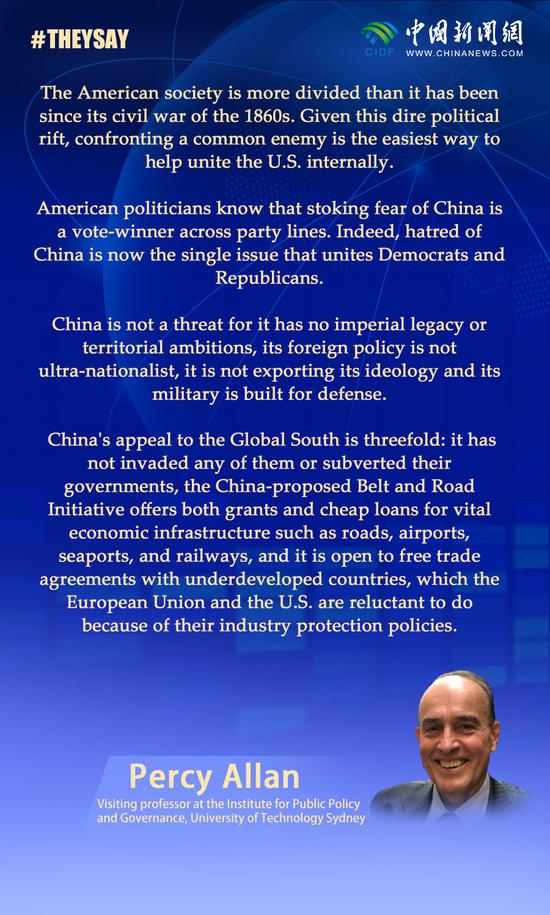





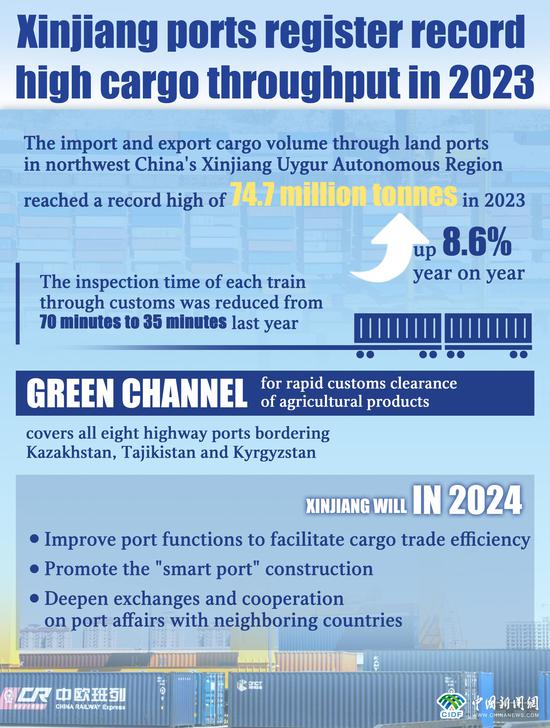
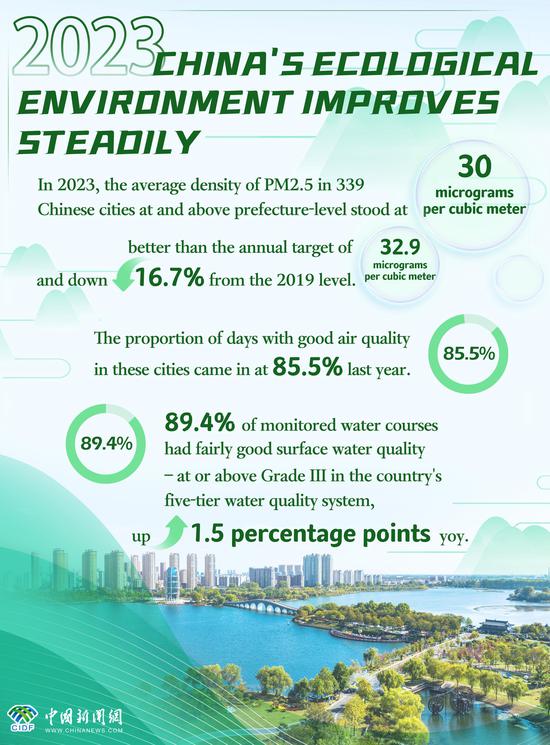






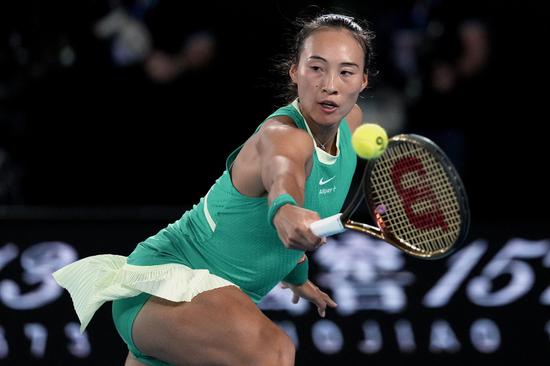





 京公网安备 11010202009201号
京公网安备 11010202009201号